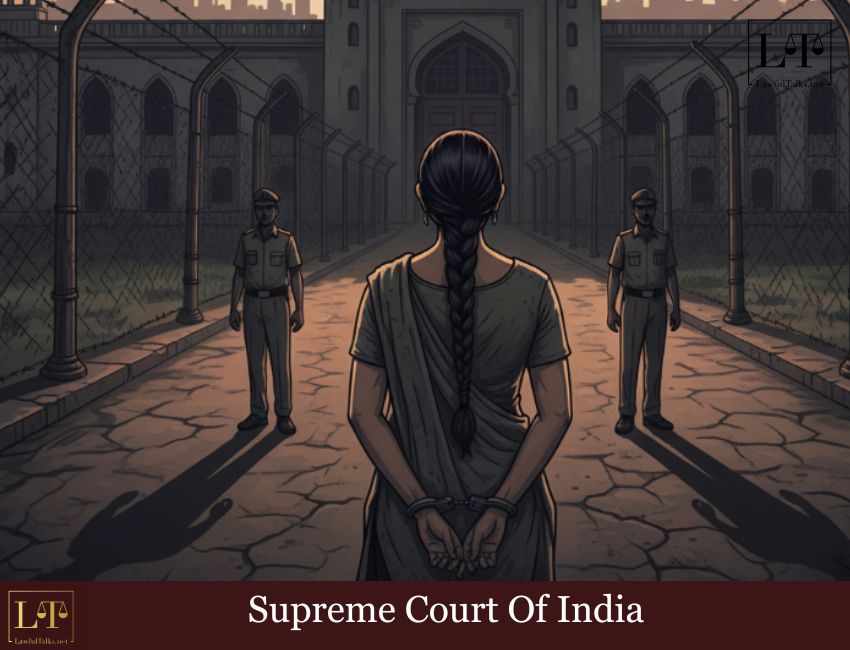Allahabad HC Sets Aside Afzal Ansari's Conviction, Allows Him to Continue as MP

The Delhi High Court, in a significant ruling, held that a mother’s act of silencing her minor daughter, who was being sexually abused, thereby allowing the perpetrator to continue the assault, amounts to “abetment” under Section 17 of the Protection of Children from Sexual Offences (POCSO) Act, 2012. Justice Swarana Kanta Sharma clarified that even passive conduct, such as omission or suppression, which facilitates the abuse, attracts criminal liability under the Act.

Facts :
The FIR was lodged by the father of the minor girl. He alleged that the mother was actively assisting the accused in sexually assaulting their daughter by not disclosing the abuse to anyone in authority, and by refusing to take any preventive action. Instead of alerting law enforcement or child protection agencies, the mother remained silent, which attracted her a punishment under section 21 of the POSCO Act.
Section 21 of POCSO mandates that any person aware of a sexual offence against a child must report it; failing to do so invites punishment. The Court emphasised that a guardian’s inaction, when she is aware of abuse, cannot be excused merely as emotional conflict or fear—the law demands protection of the child above all.
The Court further explained that under Section 17, abetment includes instigating an offence, engaging in conspiracy, or aiding its commission. Silence, when combined with knowledge of the abuse and a guardian’s duty, can amount to aiding or enabling.
“Her conduct in silencing the victim, directing her to submit, and permitting the co-accused Alok to sleep with the victim in the same bed and let him sexually abuse her, clearly demonstrates intentional assistance and aiding on her part. These acts go much beyond passive acquiescence and fall squarely within the ambit of “abetment” under Section 16 of the POCSO Act, punishable under Section 17,” the Court observed.
In delivering its decision, the Court observed that by remaining silent, the mother did not merely omit to act; she effectively allowed the abuse to continue, thereby becoming complicit.
The Court further rejected the argument that reporting abuse was optional for guardians, emphasizing that under POCSO, anyone responsible for a child has a mandatory duty to report and cannot treat it as a matter of discretion. It held that a failure to discharge those duties in such circumstances is sufficient to make out the offence of abetment, not just under moral but under legal standards.
The court refused to set aside the charges against the mother, affirming that the material before it disclosed offences under Sections 17 and 21 of the POCSO Act.
Case Title : K v. STATE NCT OF DELHI
Advocate for appellant : Mr. Himanshu Gupta
Advocate for respondent: Mr. Manoj Pant, APP for State along with SI Naresh Kumar

Manasvi Sharma
Legal Intern, 2nd Year, NLIU Bhopal
Latest Posts
Categories
- International News 19 Posts
- Supreme Court 390 Posts
- High Courts 383 Posts



















































































































































































































































































































































































































































































































































































































































































































































































































